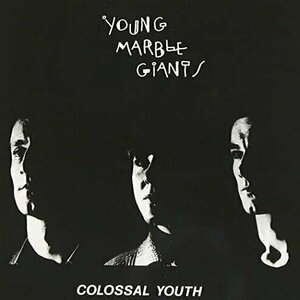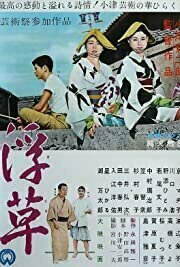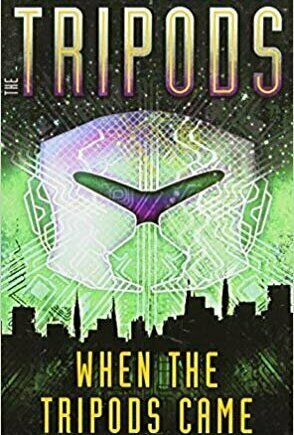
Development Discourse and Global History: From Colonialism to the Sustainable Development Goals
Book
The manner in which people have been talking and writing about 'development' and the rules according...
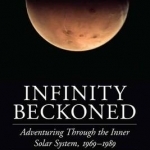
Infinity Beckoned: Adventuring Through the Inner Solar System, 1969-1989
Jay Gallentine and Bobak Ferdowsi
Book
Infinity Beckoned illuminates a critical period of space history when humans dared an expansive leap...
Shirley Manson recommended Colossal Youth by Young Marble Giants in Music (curated)
Will Oldham recommended Floating Weeds (1959) in Movies (curated)
Awix (3310 KP) rated When the Tripods Came (The Tripods #4) in Books
Sep 18, 2019
A bit dated, but that's the least of the book's issues. A prequel to the main series was really not required, and the main catalyst for writing it seems to have been the Tripods TV show which was broadcast three or four years earlier. (The TV show the Masters use to take over the world bears a suspicious resemblance to the TV adaptation of the first two books.) It's not really meta, more sort of peeved: peeved at critics of the show's shortcomings, but also peeved at the makers of the show for not doing a better job. As well as being dated, the relationship subplots of the book feel a bit proforma, but the depiction of the world slowly sliding out of human control and the end of modern civilisation is vividly presented in the usual compelling fashion. Whether it should all feel a bit more downbeat and bleak is probably a question of personal taste; Christopher's prose retains its good manners as well as its readability.
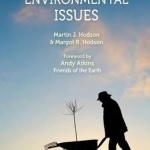
A Christian Guide to Environmental Issues: Connecting Bible Insights with Contemporary Challenges
Margot Hodson and Martin Hodson
Book
Environmental sustainability is a major issue in society today. While Christian response was...
Conceptual Innovation in Environmental Policy
James Meadowcroft and Daniel J. Fiorino
Book
Concepts are thought categories through which we apprehend the world; they enable, but also...
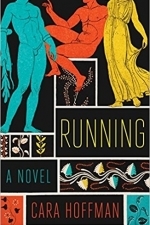
Running: A Novel
Book
From the critically acclaimed author of Be Safe I Love You comes a dark and breathtaking novel of...
essays social issues
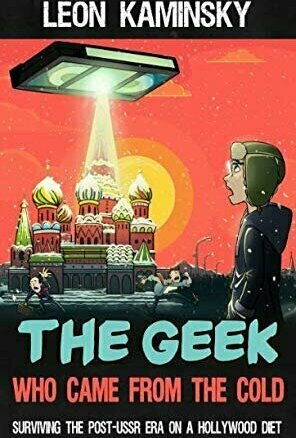
The Geek Who Came From The Cold: Surviving the Post - USSR Era on a Hollywood Diet
Book
When the first wave of pirated videotapes from the west reached the USSR in the second half of the...
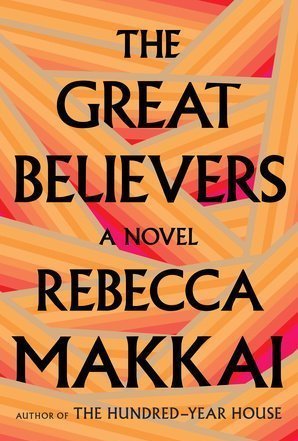
The Great Believers
Book
“A page turner...An absorbing and emotionally riveting story about what it’s like to live during...
Historical Fiction
